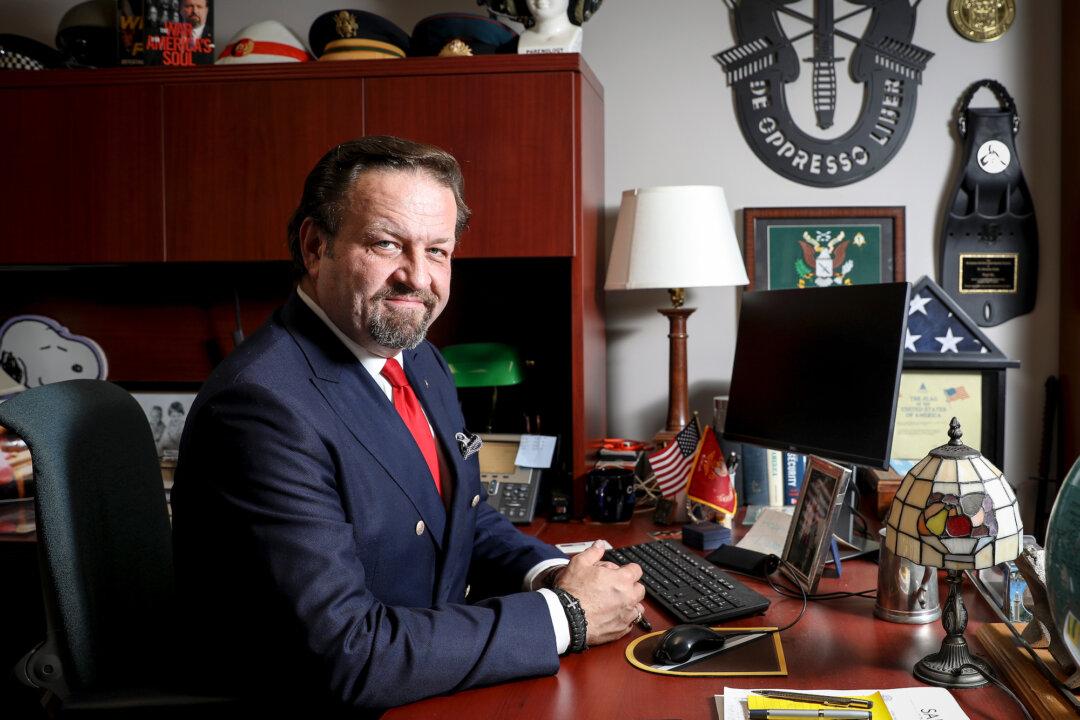While neoconservatives favor a “deploy everything possible” approach to resolve the Russia-Ukraine conflict, and the opposite camp prefers that the United States not get involved in the war, Sebastian Gorka, former Trump strategist, advocates a moderate solution.
Neoconservatives, who typically advocate the promotion of democracy in foreign policy by all means possible, including military force, call on the American government to send Ukraine battle tanks and “deploy everything possible,“ asserting that the conflict is “the ultimate test of Western civilization,” Gorka said in a recent interview on EpochTV’s “American Thought Leaders” program.






